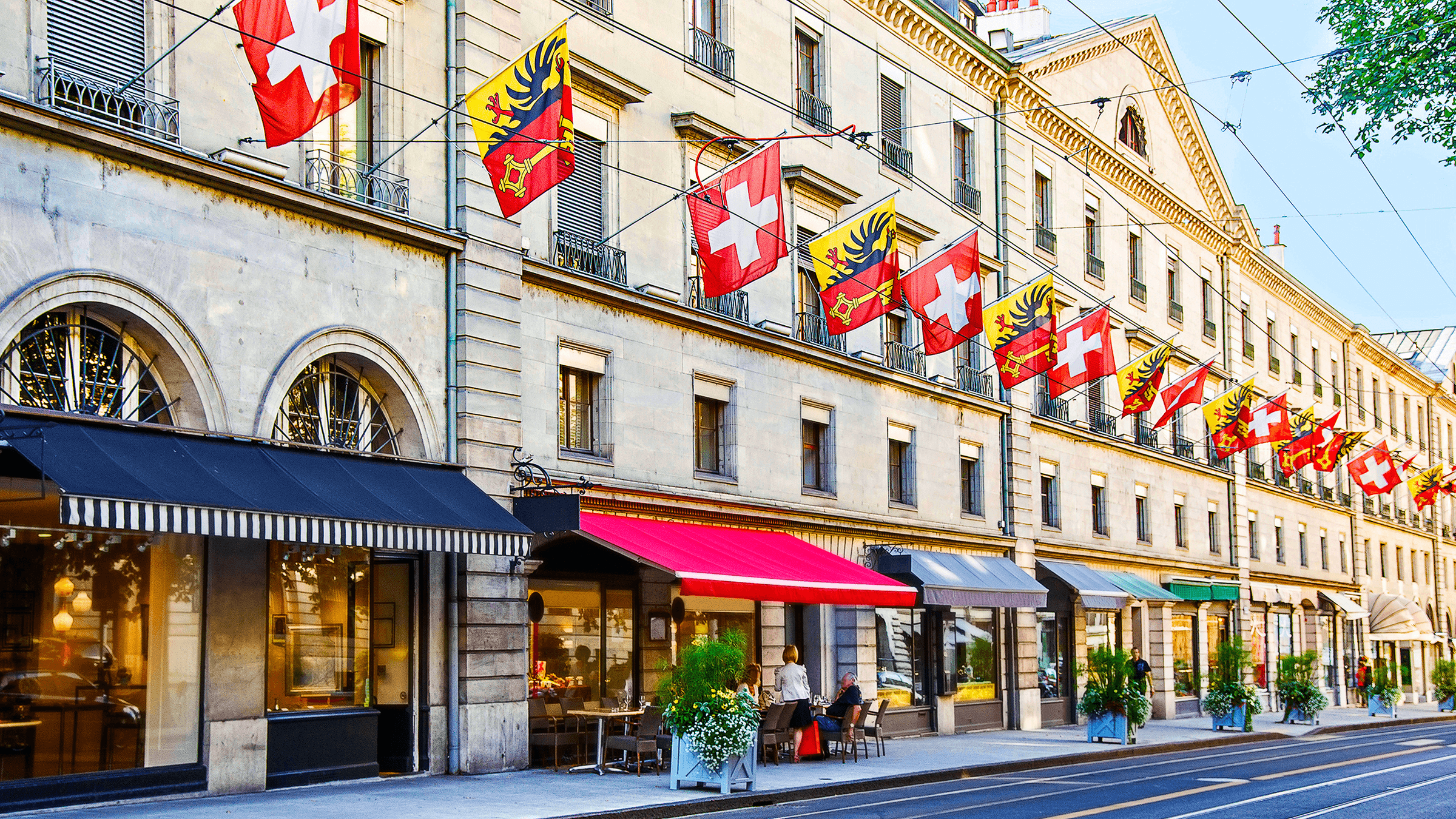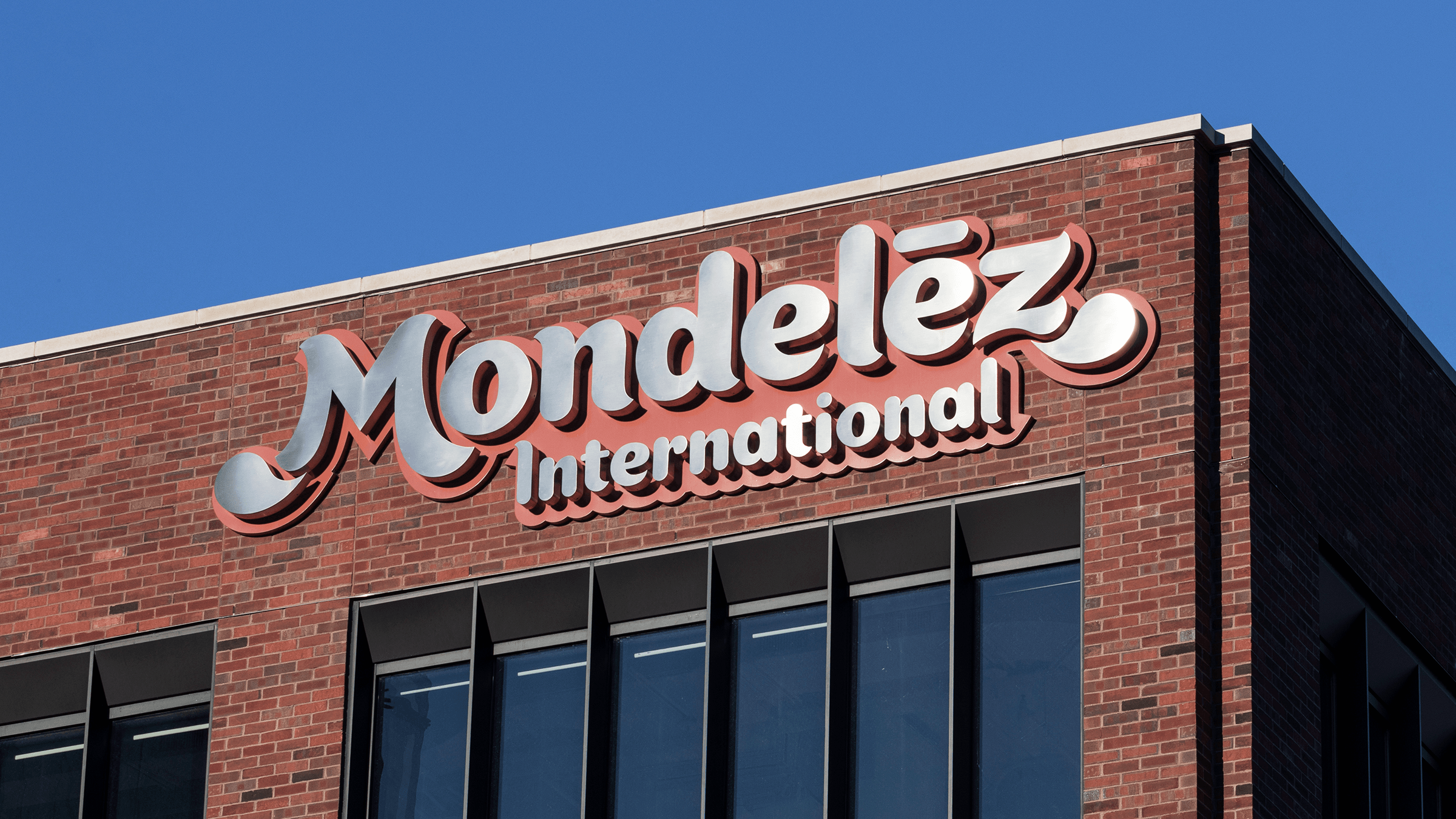Last month, we spent three days visiting clients in Switzerland. While Switzerland is widely known for its efficiency, its neutrality, its complex canton federation, its breathtaking landscapes, and of course its cheese and chocolate, we spent our visit reflecting on the country’s important role in the European business ecosystem.
Thanks to its attractive tax structure, stable political environment and strategic location, many major corporates over the years have chosen the wealthy, landlocked country as the home for their European headquarters. But is this still the case for the fondue capital of the world, and what does the future hold for this unique country?
After three days in Zurich, Geneva and Lausanne, we were reminded of the country’s renowned punctuality and order: Switzerland’s rail network is widely accepted as one of the best in Europe, for example. The timetable is meticulously planned – so much so that at least every hour there is a train departing from each destination to guarantee connections through Switzerland. What’s more, the rail schedule carefully corresponds with bus and boat connections, to ensure minimal waiting time between onward journeys. The efficiency of the system feels particularly striking compared with ours in the UK, where cancellations and workers’ strikes have become part-and-parcel of the rail network.

But while Switzerland may be very forward-thinking in terms of its infrastructure, the country remains relatively culturally conservative compared with its neighbours in Western Europe. The law legalising gay marriage was only passed in July of last year, and Swiss society feels fairly patriarchal and tangibly linked to its historical Calvinist roots. Staggeringly, the first federal vote women were allowed to partake in was in 1971, with one canton only finally allowing female participation in 1990. Just 15% of Swiss executive positions are held by women, well below the levels seen elsewhere in Europe – and according to a study by the Swiss Federal Statistics Office (BFS), one in seven women do not return to work after maternity leave. The high cost of childcare – and the fact that most schools close in the middle of the day for a two-hour lunchbreak – plays a significant role here.
The country also has a unique linguistic identity. Switzerland has four official languages – French, Swiss German, Italian and Romansh – which divide it into distinct linguistic areas. In rural regions the “röstigraben” (cultural boundary) can be so stark that you might encounter a francophone village on one side of the border and a Swiss-German-speaking one five kilometers down the road. While lots of Swiss are multilingual, many are more likely to speak English than another Swiss national language. This last point being critical to its attractiveness as an international business hub.
For decades, Switzerland has been chosen as a destination for European headquarters for large multinationals, and today more than 1,200 international companies have their head offices in the country. Prominent examples from our consumer-facing sectors include Philip Morris International, Mondelez, and P&G. This doesn’t seem to be slowing down: last year, around 250 foreign-owned companies established a presence in Switzerland, creating more than a thousand jobs.
“For decades, Switzerland has been chosen as a destination for European headquarters for large multinationals, and today more than 1,200 international companies have their head offices in the country.”
There are a handful of drivers here. In Switzerland, businesses find the winning combination of a stable politics, a strong economy, and a prime strategic location in the centre of Europe. The country’s solid economic landscape is powered by low corporate tax rates, a highly-developed service sector led by financial services and a high-tech manufacturing industry.

When it comes to trade, Switzerland benefits from trade agreements across the EU, and has partners outside of Europe, most notably China. There’s also a liberal labour system, defined by low unemployment and high productivity. Companies can employ and dismiss staff with ease, and both strikes and absenteeism are rare.
Crucially, the country has access to great talent – both “homegrown” and foreign. Swiss universities are renowned for their calibre and links with industry, and provision for vocational training is excellent. For companies choosing a European HQ, tapping into the Swiss talent pool presents exciting opportunities.
“The country has access to great talent – both “homegrown” and foreign. Swiss universities are renowned for their calibre and links with industry.”
Switzerland also represents an attractive relocation destination for expats, who are drawn to the country’s high quality of life and international population – during our fifteen meetings over three days, we met with leaders from thirteen different nationalities. This international diversity was particularly clear as we sat outside The White Horse in Lausanne one evening, where the expat community congregate after a day in the office.
We’ve found that candidates often mention Switzerland as one of the few places they are willing to relocate for a new role. It’s hardly a surprise, given the high level of English spoken, the fact that the Alps and Lake Geneva frame your office window, and the ability to pop to the ski slopes with the family on an afternoon jaunt. Since 2015, the country has been top of INSEAD’s Global Talent Competitiveness Index, which measures how countries grow, attract, and retain talent (Switzerland, Singapore and Denmark make up the top three, followed by the US and Sweden).

These factors mean talent attraction isn’t a challenge – but Swiss-domiciled businesses are also very good at it. The spousal support schemes in particular provide a real sense of pastoral care and make entire family relocations all that much easier. This too is demonstrated by the successful talent retention rates of consumer businesses – as a headhunter we know all too well how challenging Swiss extraction can be!
However, it will be interesting to see what happens next. While Switzerland remains an attractive location, other European hubs are gaining credibility as potential HQ destinations. Amsterdam, Dublin and Stockholm are all growing in popularity and joining the ranks of other traditional corporate HQ captains such as Paris and London. Switzerland is far from losing its top-spot status, but international companies looking for a head office location today have a growing number of viable options.
Switzerland is an undeniably fascinating country with truly unique dynamics both culturally, politically and commercially. But what is next for this business hub? We’d love to hear from you…








